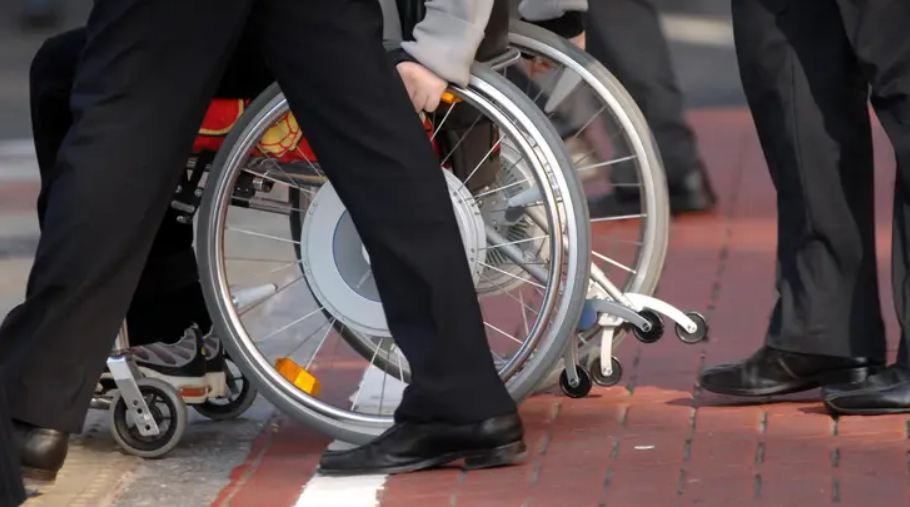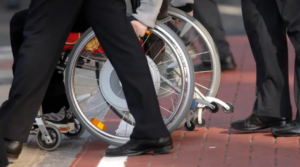Almost 2,000 people in Brighton and Hove have taken the government to a tribunal over disability benefit payments over the past 10 years.
And four in five of those people won their cases, according to figures from the Department for Work and Pensions (DWP).
Since 2013, hundreds of thousands of benefits decisions have been overturned across the country after people with disabilities battled a “complex and distressing” appeals system to win their cases at tribunal, disability charities said.
Anyone denied Personal Independence Payment (PIP) – which covers the additional expenses faced by people with disabilities and is worth between £23 and £150 a week – can request a reconsideration.
If someone is still unhappy with the result of this, they can appeal against the decision to an independent tribunal.
DWP figures suggest that more than 1,900 cases from Brighton and Hove were taken to tribunal between April 2013 and the end of 2021.
And about 79 per cent were successful in overturning the DWP’s decision in their favour over that period.
Nationally, claimants have won more than two thirds of the cases that have reached a tribunal since 2013.
Nina Huszarik, lead policy adviser at the charity Scope, said that far too many disabled people received the wrong decision first time around and were left without financial support as a result.
She said that an enormous number of disabled people’s lives had been thrown into turmoil by “failures of the benefits system”.
And, she said, many were not well enough to face the mental and physical stress and exhaustion of taking their cases to appeal.
Overall, the DWP assessed 18,860 applications for PIP from people in Brighton and Hove from April 2013 to the end of 2021, with the benefit awarded in 12,448 (66 per cent) cases.
Dissatisfaction with initial decisions led to 4,780 people submitting an initial mandatory reconsideration request, with 22 per cent of those awards changed as a result.
Both Scope and another charity, Disability Rights UK, said that they had worked with many disabled people who had been assessed by DWP workers without appropriate knowledge of their condition.
Ken Butler, from Disability Rights UK, said that this resulted in “poor and inaccurate initial medical assessments” by people who did not understand the nature and effects of disabilities.
Ms Huszarik said: “We hear about assessors having to Google people’s conditions during the assessment because they’ve never even heard of it.
“Disabled people must have the right to an assessor who understands the true impact of their condition and how it might fluctuate.
“To make the system work, disabled people must get the right decision first time round.”
Mr Butler said that a tribunal hearing was often the first time a claimant “felt properly listened to”.
The DWP said that the overturned cases represented just a fraction of millions of decisions made after assessments and said that the majority of PIP decisions were right.
The DWP added: “All assessments were carried out by professionals trained to consider the impact of an individual’s condition or disability.
“But we are exploring what more we can do so the welfare system better meets the needs of disabled people through our Health and Disability Green Paper.”
The DWP now allows more time for applicants to gather information to support their claim.









